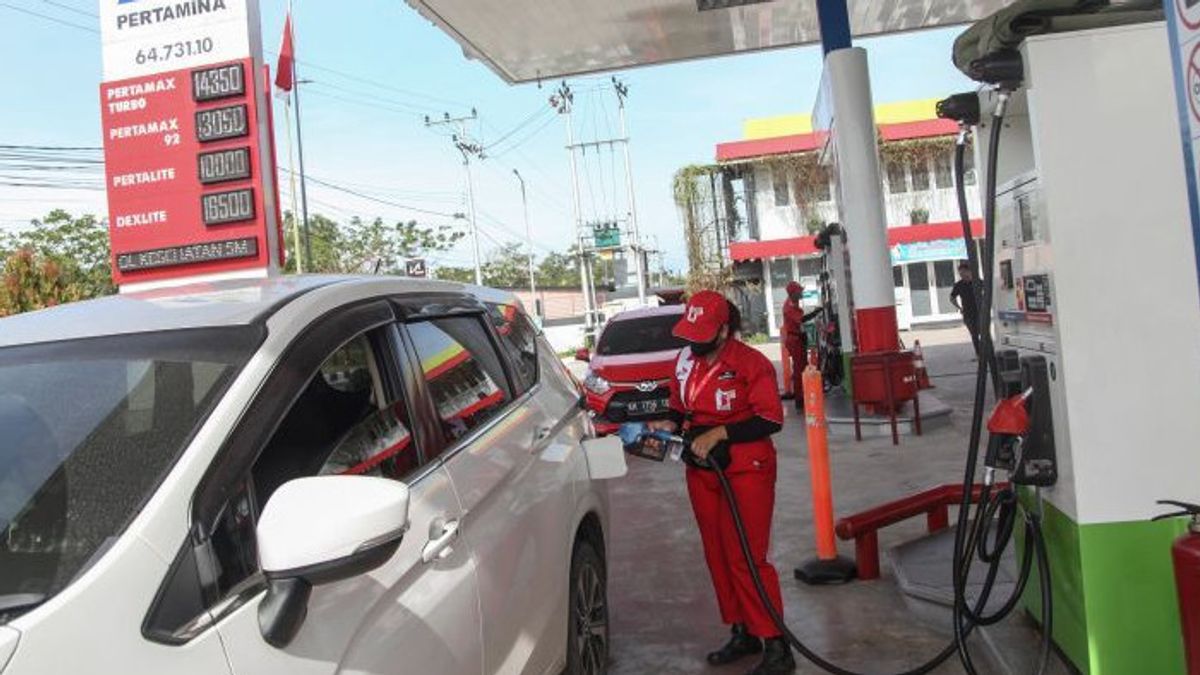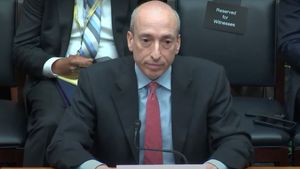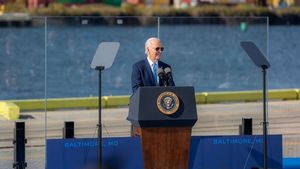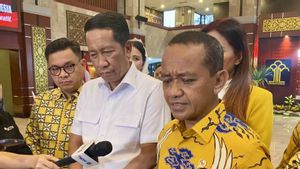JAKARTA - The public must be given a clear understanding regarding the price setting of non-subsidized fuel or non-public service obligation (PSO), especially those sold by Pertamina, so that consumers will get used to the adjustment of non-subsidized fuel prices.
"Actually, this is actually beneficial for the community because there is a faster price adjustment in the context of low crude oil prices," said Bhima Yudhistira, Director of the Center of Economic and Law Studies (Celios), in a statement, quoted from Antara, Tuesday, February 11.
So that the habit of dealing with fluctuating fuel prices exists in the community, continued Bhima, it is Pertamina's job and the government to massively socialize along with a transparent formulation.
The use of information technology and social media should be further improved. Although it has been regulated in the Regulation of the Minister of Energy and Mineral Resources (ESDM), sometimes people are confused by calculating fuel prices.
"Ideally, there is a website for the announcement of formulations, variables such as the level of the exchange rate used, the reference price of Singapore's fuel, and so on," said Bhima.
Until now, Pertamina is the largest business entity that distributes two types of fuel, namely subsidies (PSO) and non-subsidized (non-PSO). PSO fuel is kerosene and Pertalite. Meanwhile, fuel that is included in the non-PSO category is Pertamax Series such as Pertamax, Pertamax Turbo, and Dexlite and Pertamina Dex.
There are many variables that determine the price of fuel, including non-subsidized fuel, including world oil prices, the average processed oil product Mean ofahuds Singapore (MOPS/Argus), inflation, and rupiah exchange rates. World oil fluctuations are even daily, so the price of non-subsidized fuel must match the economic figure.
Energy economic observer at Gadjah Mada University, Fahmyani, assessed that the idea to evaluate non-subsidized fuel prices following market economic prices that continue to move, is very appropriate to implement. This is considered reasonable in the business world and nothing has been violated as long as it is regulated it is not subsidized by the government.
He explained that non-subsidized fuel users are mostly middle to upper class. In addition, by allowing floating, there will be no drastic price changes that will surprise the public. For example, if suddenly world oil prices rise but prices are withheld and only two or three months later increase significantly, the public will be surprised.
According to Fahmy, this is the work of the government and Pertamina to intensify education to the public about the mechanism for determining the correct non-subsidized fuel price. Non-subsidized fuel consumers will receive price fluctuations, let alone go up or down the price is also not too large.
Unknowingly, consumers will get used to changing prices, both rising and falling prices following the development of global oil prices.
"In my opinion, the policy is appropriate and consumers will automatically get used to it," explained Fahmy.
Basuki Trikora Putra, Member of the Committee for the Downstream Oil and Gas Regulatory Agency (BPH Migas), previously stated that there was nothing wrong with the regular determination of non-subsidized fuel prices by business entities. Moreover, the determination of non-subsidized fuel prices by business entities takes into account the condition of economic growth, industrial sector, purchasing power and business continuity of business entities.
The English, Chinese, Japanese, Arabic, and French versions are automatically generated by the AI. So there may still be inaccuracies in translating, please always see Indonesian as our main language. (system supported by DigitalSiber.id)













